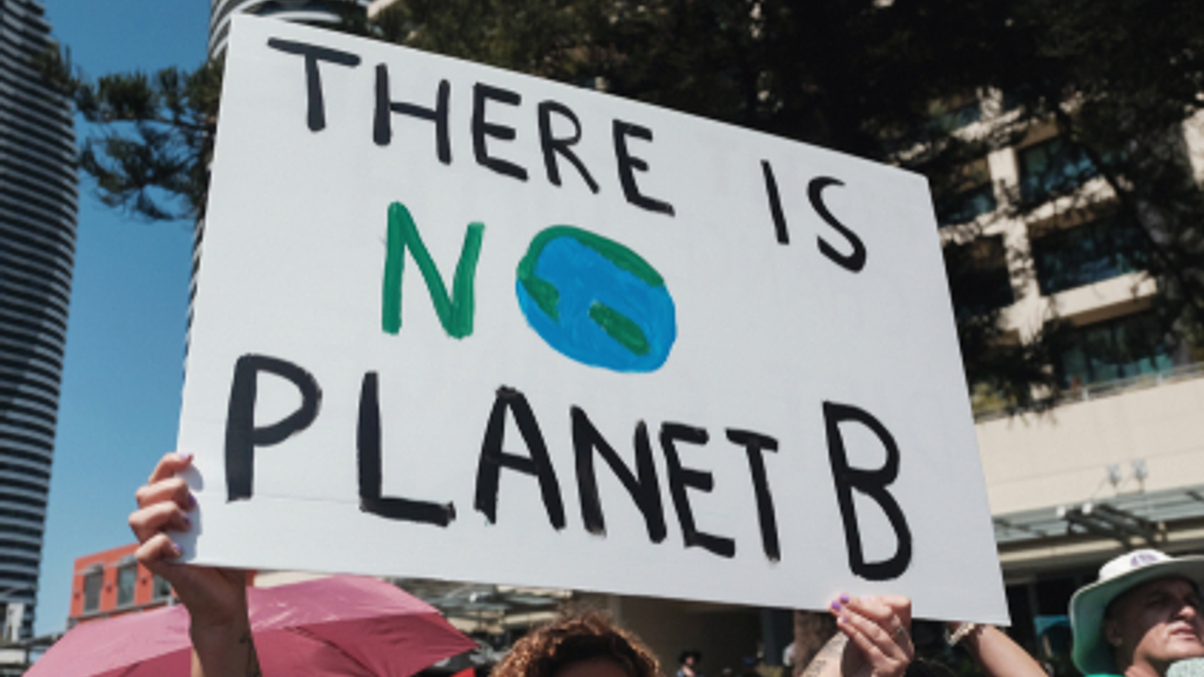NZ Super highlights climate priorities in investment approach
The time for commitments is past, say climate change groups. Governments and investors will be increasingly judged on their actions. NZ Super believes a co-ordinated response will be necessary.

In Dubai this December, world leaders will assemble once again at the COP28 summit to address the climate crisis.
Sign in to read on!
Registered users get 2 free articles in 30 days.
Subscribers have full unlimited access to AsianInvestor
Not signed up? New users get 2 free articles per month, plus a 7-day unlimited free trial.
¬ Haymarket Media Limited. All rights reserved.


